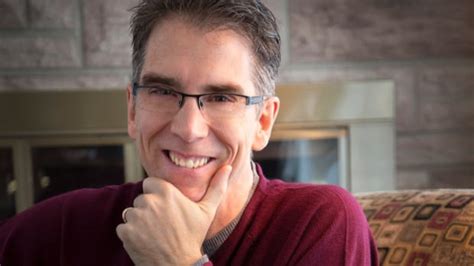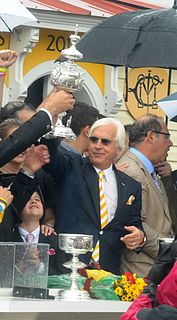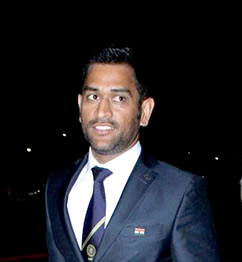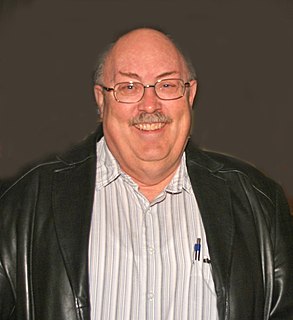A Quote by Viggo Mortensen
For 'Hidalgo,' I just spent as much time around horses as I could, which made sense.
Related Quotes
When you spend so much time away from home, travelling around doing things like this, talking about yourself too much, which is often very painful... So, to actually come home and just be amongst people who know you extremely well, who you can't pretend to be anything other than yourself in front of, is a relief really. It gives you a sense of who you are again. You just don't get any time at home... it's such an existence of feeling very unsettled and travelling around. It's great.
Having spent time around "sinners" and also around purported saints, I have a hunch why Jesus spent so much time with the former group: I think he preferred their company. Because the sinners were honest about themselves and had no pretense, Jesus could deal with them. In contrast, the saints put on airs, judged him, and sought to catch him in a moral trap. In the end it was the saints, not the sinners, who arrested Jesus.
There were so many people, so much to navigate, and as the distance fluctuated between us his hand kept slipping, down my arm to my wrist. And maybe he was going to let go as people pressed in on all sides, but all I could think was how when nothing made sense and hadn't for ages, you just have to grab onto anything you feel sure of. So as I felt his fingers loosening around my wrist, I just wrapped my own around them, right, and held on
Horses in the Book of Mormon would be another. You have relatively few mentions of horses, but there are some, and we don't know exactly how they were used; they don't seem to be all that common. Were they horses as we understood them, [or] does the term describe some other animal? Languages don't always and cultures don't always classify things the way we would expect. We have what we call common-sense ways of doing it. They're not common sense; they're just ours. But again, we don't have a strong case there. We're just problem solving there.
No one ever came to grief-except honorable grief-through riding horses. No hour of life is lost that is spent in the saddle. Young men have often been ruined through owning horses, or through backing horses, but never through riding them; unless of course they break their necks, which, taken at a gallop, is a very good death to die.




































